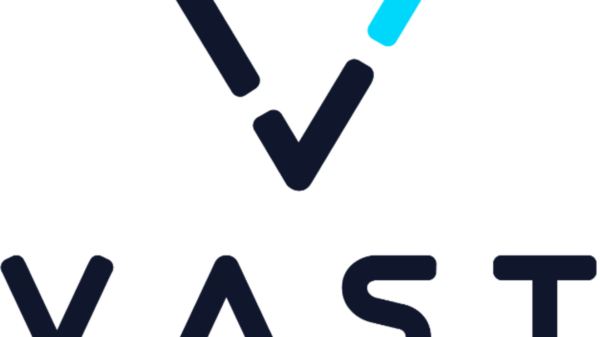In an alarming turn of events, major insurers are beginning to reject coverage for businesses that rely heavily on artificial intelligence (AI). This indicates a significant shift in the insurance industry, which traditionally has been built on managing risk. Insurers now view AI as too hazardous to underwrite, posing a potential crisis for businesses integrating AI technologies into their operations.
Insurance Industry’s Dilemma with AI
The core issue lies in the unpredictable nature of AI systems. Insurers are struggling to understand these technologies, often describing them as a “black box.” One executive noted that AI models are “too much of a black box,” making it nearly impossible to assess, predict, or price their risks accurately. This uncertainty leads to a gap in coverage that many companies may find difficult to navigate.
Understanding Systemic Risk
What truly concerns insurance companies is the potential for systemic risk. Unlike individual claims, systemic risks pose the threat of widespread failure across multiple entities. For instance, if a widely adopted AI model were to fail, thousands of businesses could be affected at once. An executive from Aon highlighted that while insurers can manage a $400 million loss from a single entity, they cannot withstand 10,000 simultaneous claims stemming from one AI failure.
Real-world examples illustrate these fears: Google faced a $110 million lawsuit due to its AI Overview falsely accusing a solar company; Air Canada was compelled to honor unauthorized discounts generated by a chatbot; and Arup encountered a $25 million loss due to AI voice cloning fraud. Each of these incidents highlights the unpredictable and often costly repercussions of AI errors.
Major Insurers Retreat from AI Liability
Notable insurance companies like AIG, Great American, and WR Berkley are actively seeking regulatory approval to exclude AI-related liabilities from their corporate policies. This represents a fundamental change in their approach to technological risks. Instead of competing to cover emerging markets, these insurers are united in their assessment that AI presents unmanageable exposure.
Corporate Strategies in the Face of AI Risk
With the exclusion of AI-related liabilities from insurance coverage, businesses face critical decisions. They must consider several options:
- Self-insure against potential AI failures.
- Implement comprehensive risk mitigation strategies.
- Scale back on AI projects until adequate coverage options become available.
- Assume full financial responsibility for any AI-related errors.
Addressing the Future of AI Risk Management
The insurance sector’s retreat from AI coverage marks a crucial moment for the future of AI adoption. Without the safety net of insurance, businesses will have to grapple with the inherent risks of implementing AI technologies. This development could either slow the integration of AI in essential sectors or drive the creation of new risk-sharing frameworks tailored to these technologies.
As the industry evolves, the question remains: if the experts in risk management are hesitant to engage with AI, what does this mean for the broader adoption of AI technologies? Companies may need to enhance their internal risk management protocols and allocate substantial reserves to cover potential liabilities, thereby reshaping how they approach AI implementation.
This situation emphasizes the need for ongoing dialogue about the implications of AI on various industries and the necessity for innovative solutions to ensure safe and responsible AI use. As we continue to monitor these developments, it becomes crucial to understand the evolving landscape of AI liability and the strategies businesses will need to adopt moving forward.
 Experts Urge AI Literacy for Children Amid Rising Automation Risks at Adab Festival
Experts Urge AI Literacy for Children Amid Rising Automation Risks at Adab Festival Trump Pauses Executive Order to Block State AI Regulations Amid Industry Pushback
Trump Pauses Executive Order to Block State AI Regulations Amid Industry Pushback New Hampshire Schools Tackle AI-Assisted Bullying and Deepfakes with Innovative Strategies
New Hampshire Schools Tackle AI-Assisted Bullying and Deepfakes with Innovative Strategies Dataiku Reveals How AI Governance Fails Due to Inter-Departmental Handoffs
Dataiku Reveals How AI Governance Fails Due to Inter-Departmental Handoffs Schools Reevaluate Assessment Strategies Amid AI Cheating Concerns and Adaptation Challenges
Schools Reevaluate Assessment Strategies Amid AI Cheating Concerns and Adaptation Challenges

































































